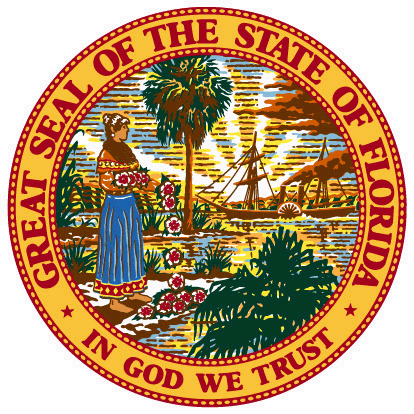Keys seeing new scams invoking the names of large companies
FLORIDA KEYS, June 5, 2020 – If in recent days you’ve received unsolicited text messages or emails from Costco or Amazon purporting to give you financial rewards for completing a survey, telling you that you are eligible for a reimbursement or offering a free gift card, don’t open them; delete them.
There have been reports in the Florida Keys that people are receiving such messages, but they ask you to click on a link that is malware designed to steal your personal information from your electronic device and do you harm, financial or otherwise.
From Costco: “There is currently a text scam circulating that threatens to cancel the membership unless the user clicks on the link for a survey. Please know that these are fraudulent texts attempting to obtain personal information. Do not click on the link as these are in no way affiliated with Costco.”
There is another version that says the retail chain is inquiring about a Costco receipt for something you may have purchased and asks you to “claim your overcharge reimbursement” followed by a link. This, too, is bogus.
The fraudulent Amazon messages ask you to click a link to collect a gift card. To do so, one should complete a survey, watch an ad or install a program. Like with the Costco scam, this is bogus. Amazon does not send out such texts or messages and you should not click on the link. Like the Costco scam, this is designed to steal your personal information.
The Federal Trade Commission offers the following advice:
Scammers use email or text messages to trick you into giving them your personal information, including passwords, account numbers and Social Security numbers. If they get that information, they could gain access to your email, bank or other accounts. Scammers often update their tactics, but there are signs to help you recognize the scams.
Phishing emails and text messages may look like they are from a company you know or trust, a bank, a credit card company, a social networking site, an online payment site or app, or an online store. They may tell a story to get you to click on a link or open an attachment. They may say they’ve noticed suspicious activity or log-in attempts on your accounts, claim there is a problem and that you must confirm some personal information, or ask you to complete a simple task to gain financial awards. If you do, that is the access to your personal information they seek.
To protect yourself, treat all unsolicited messages and emails with caution. Most reputable companies do not send out unsolicited messages or emails.
[livemarket market_name="KONK Life LiveMarket" limit=3 category=“” show_signup=0 show_more=0]


No Comment